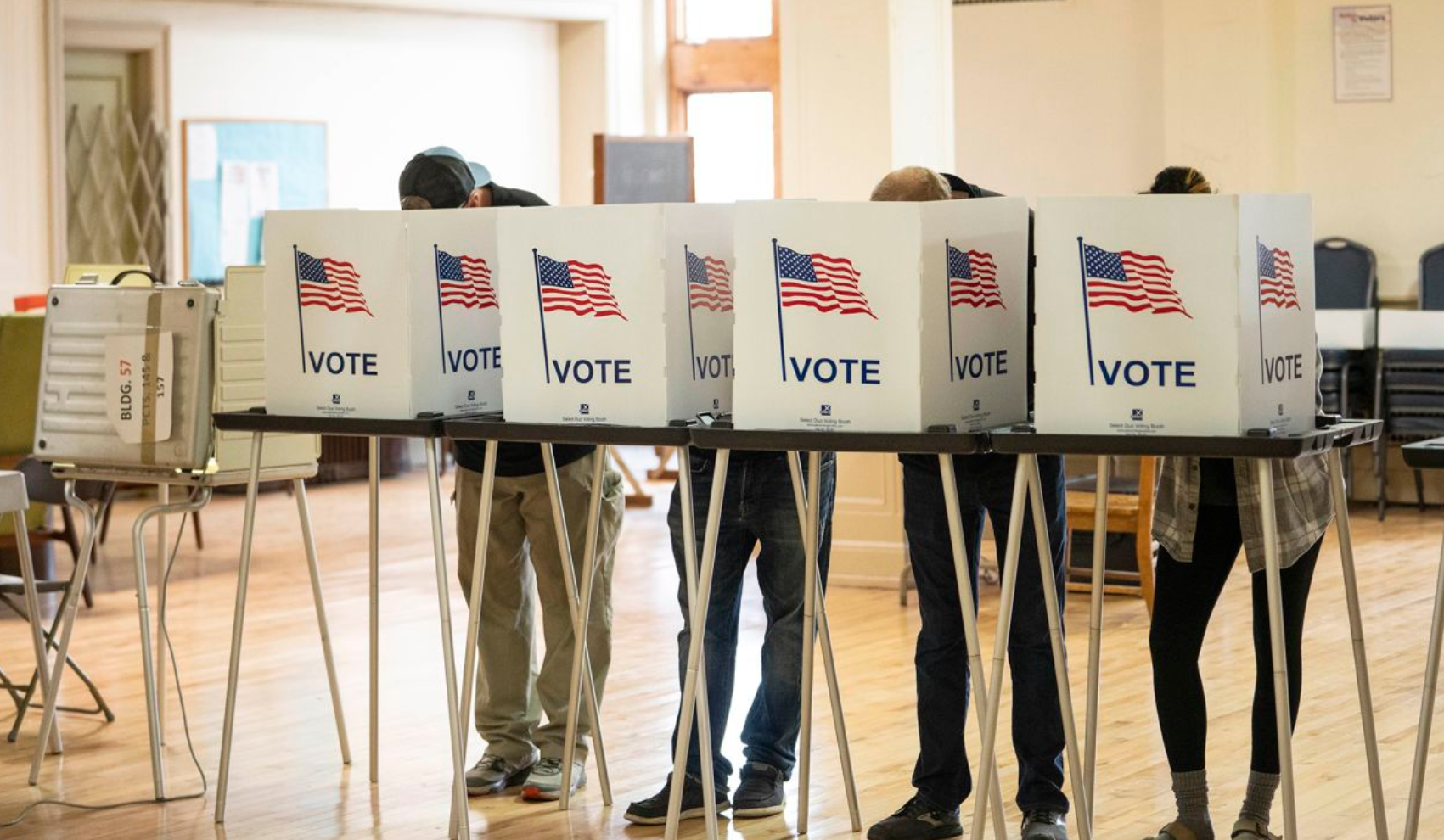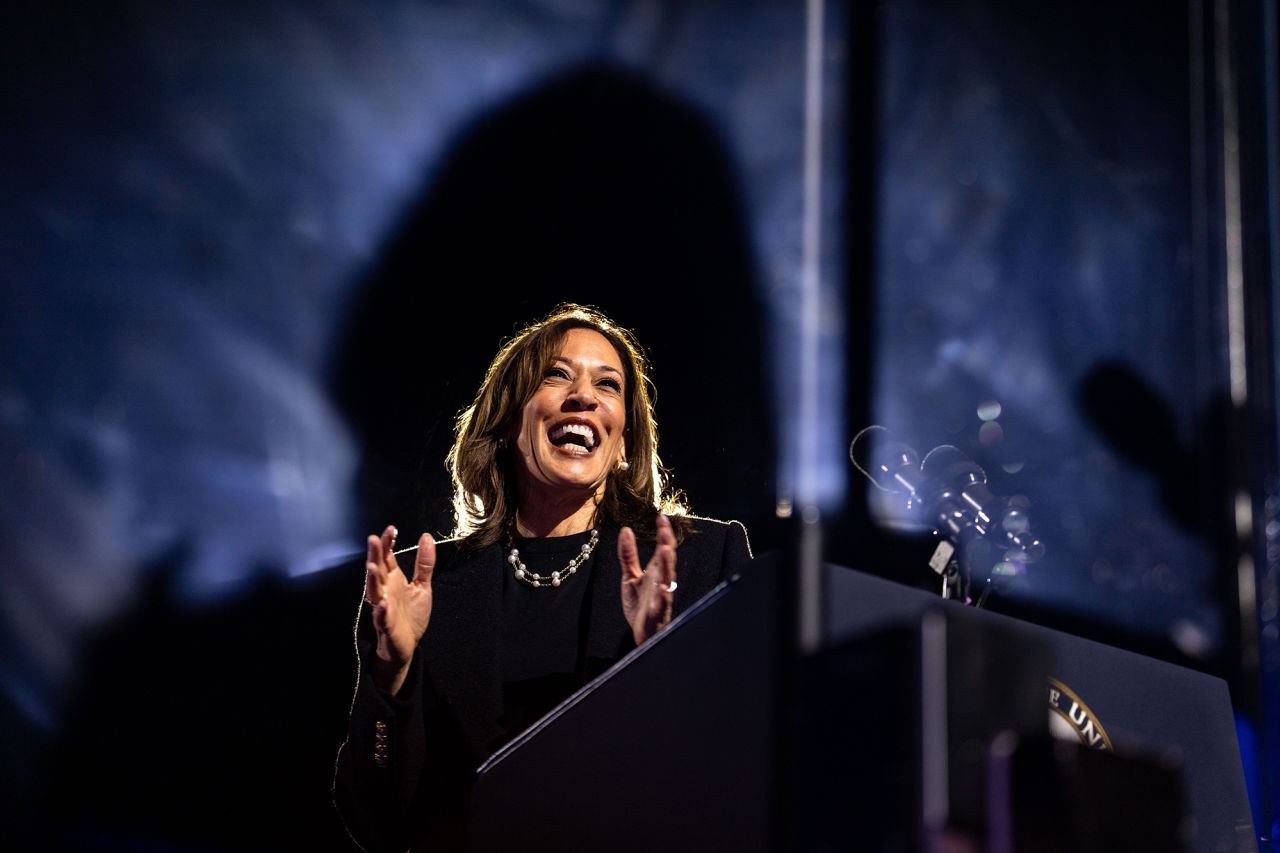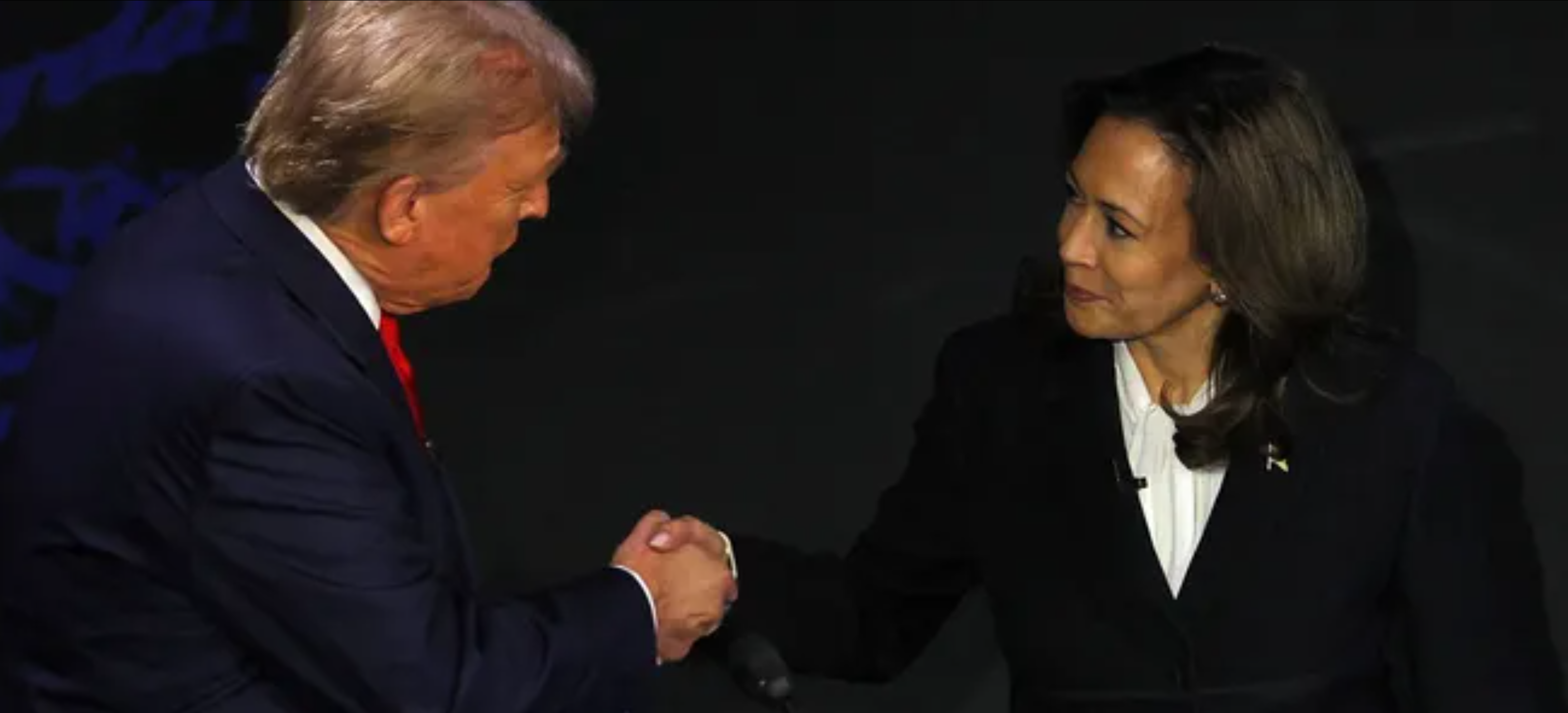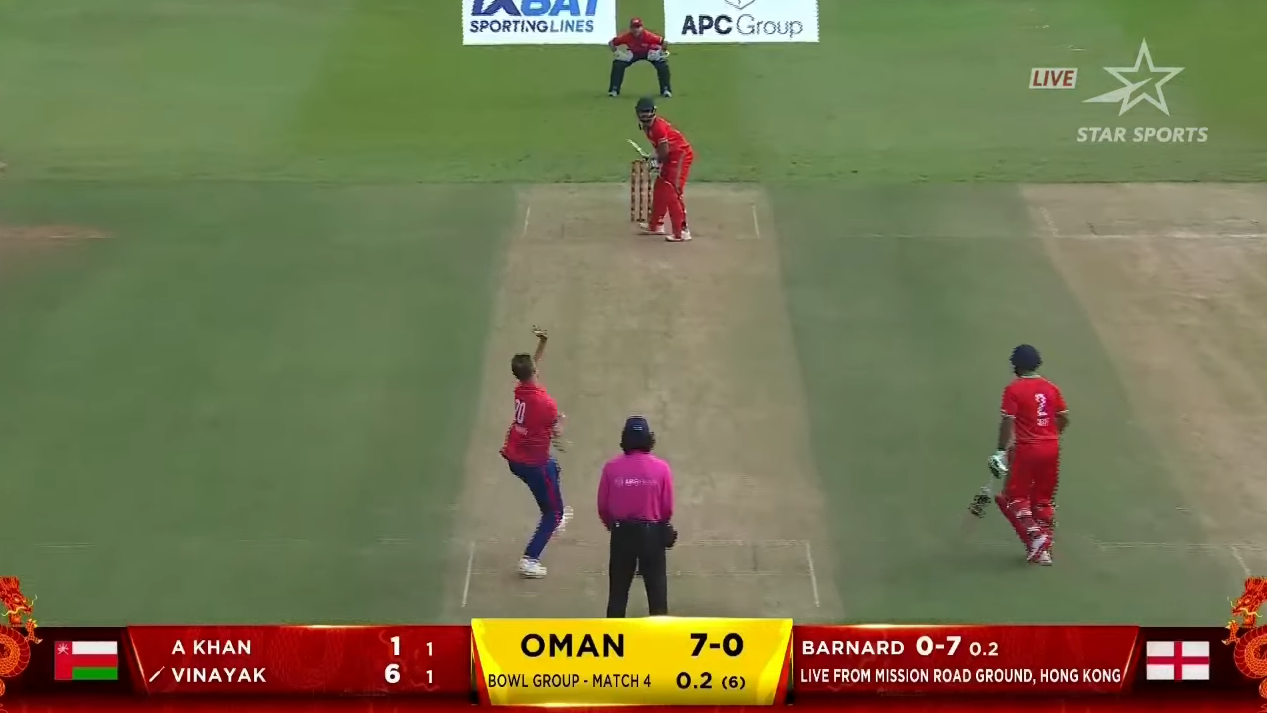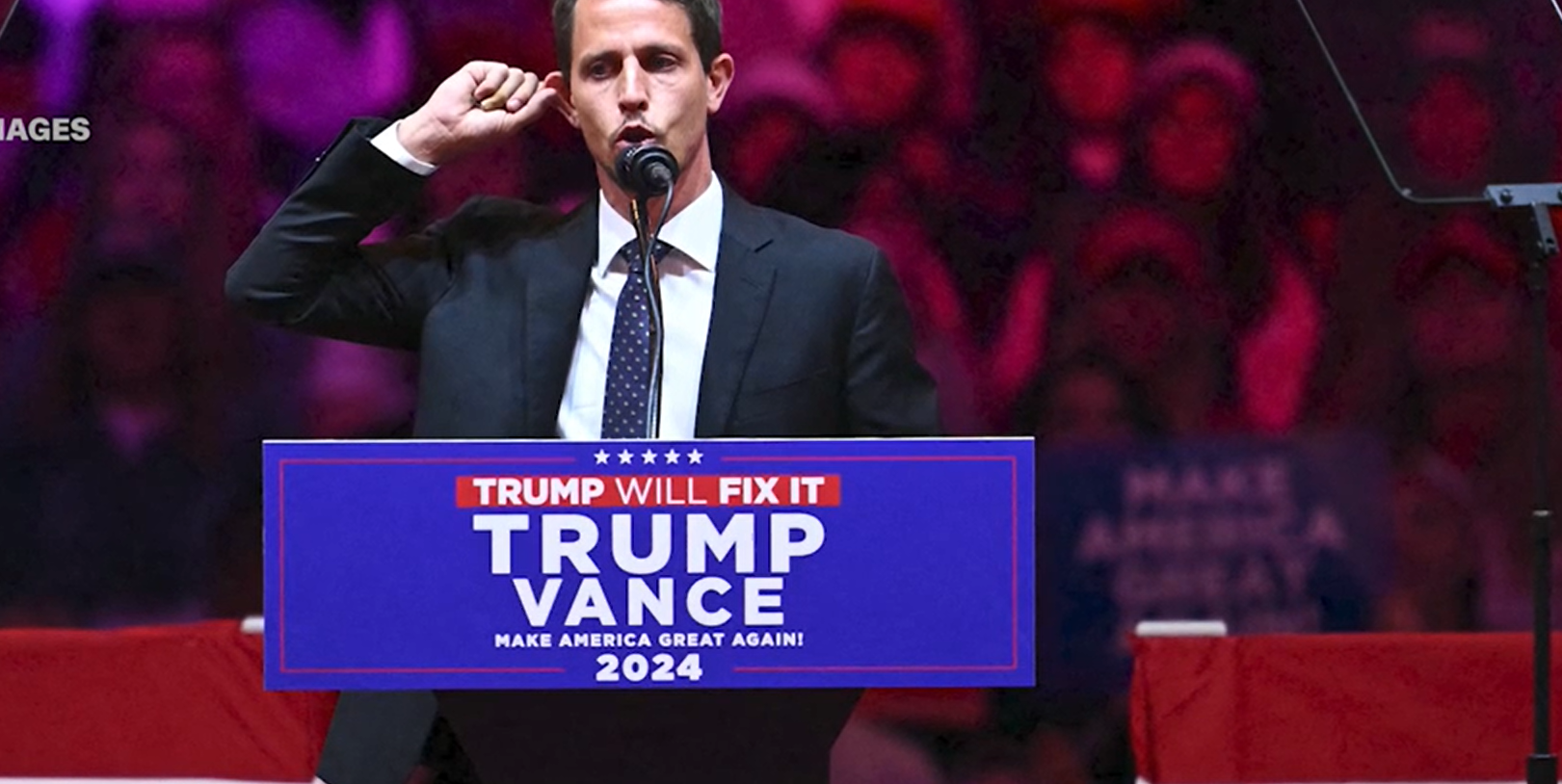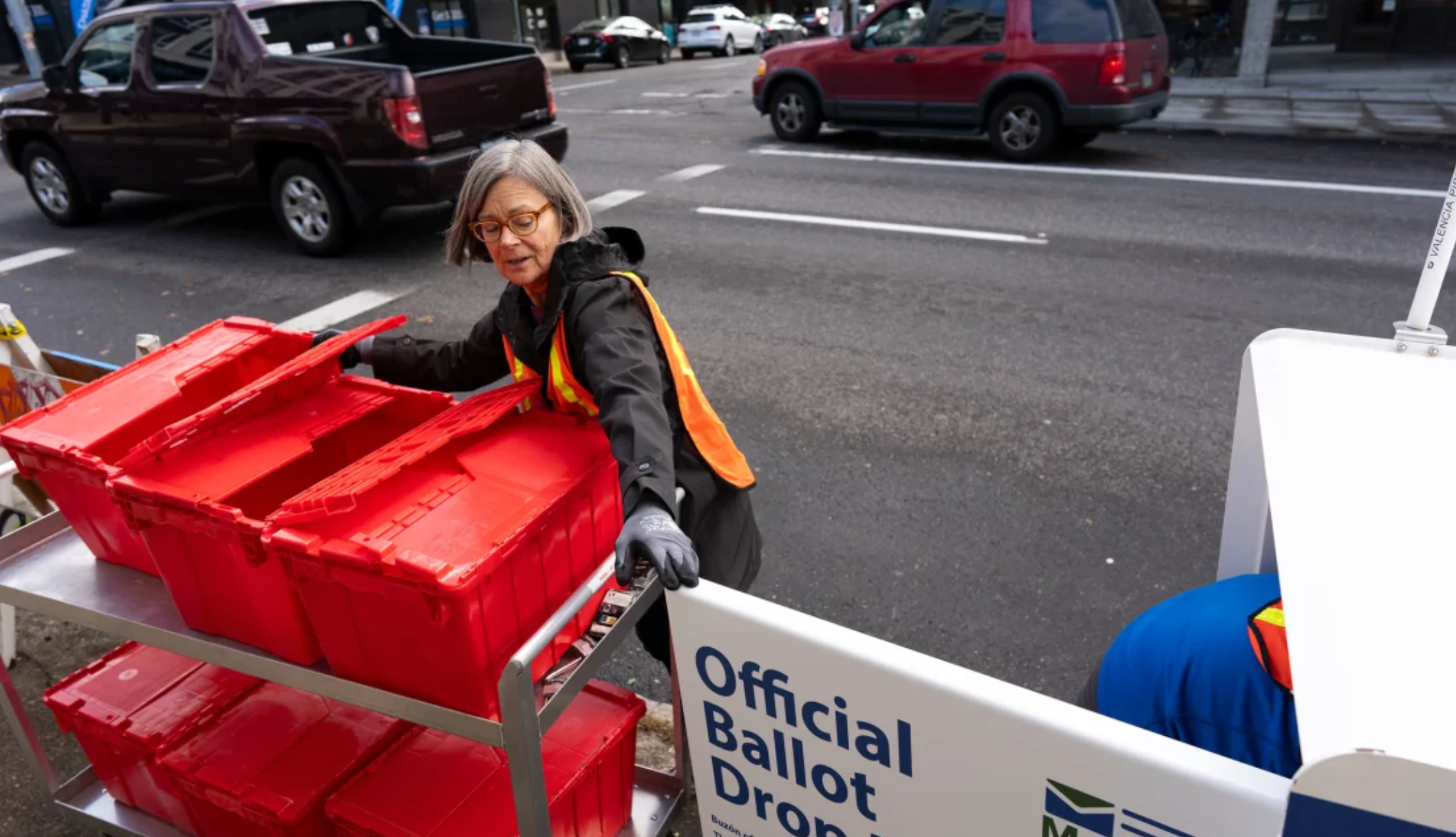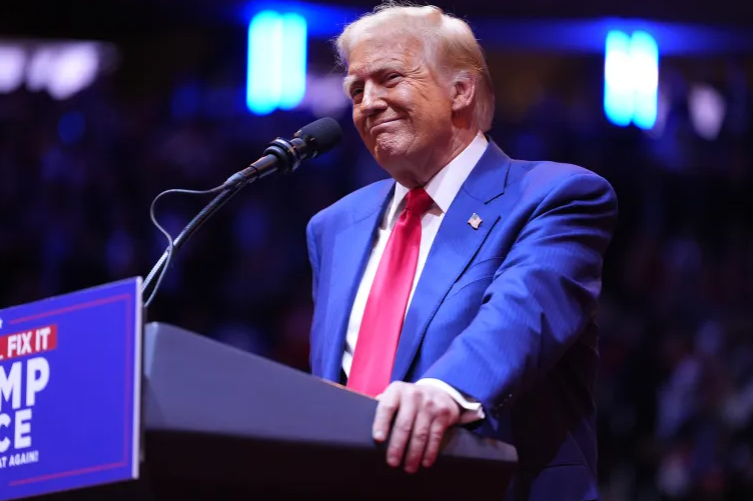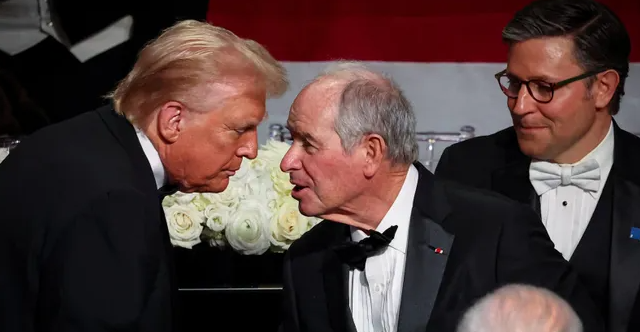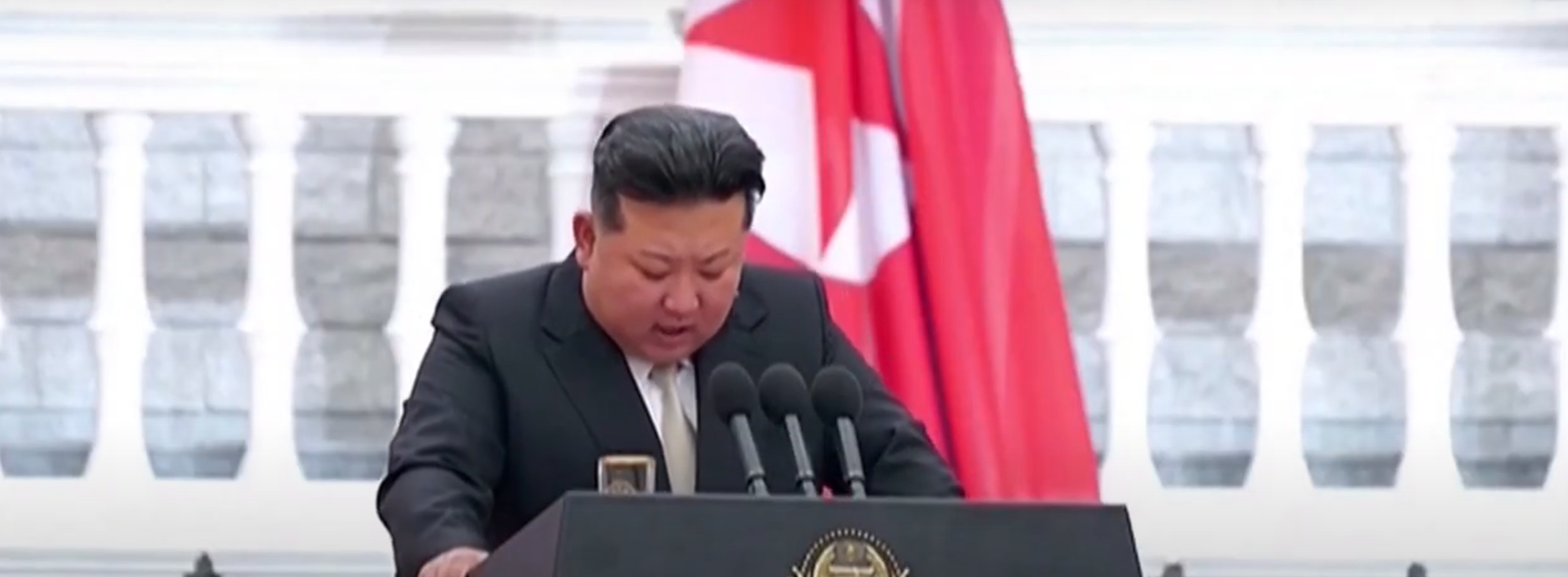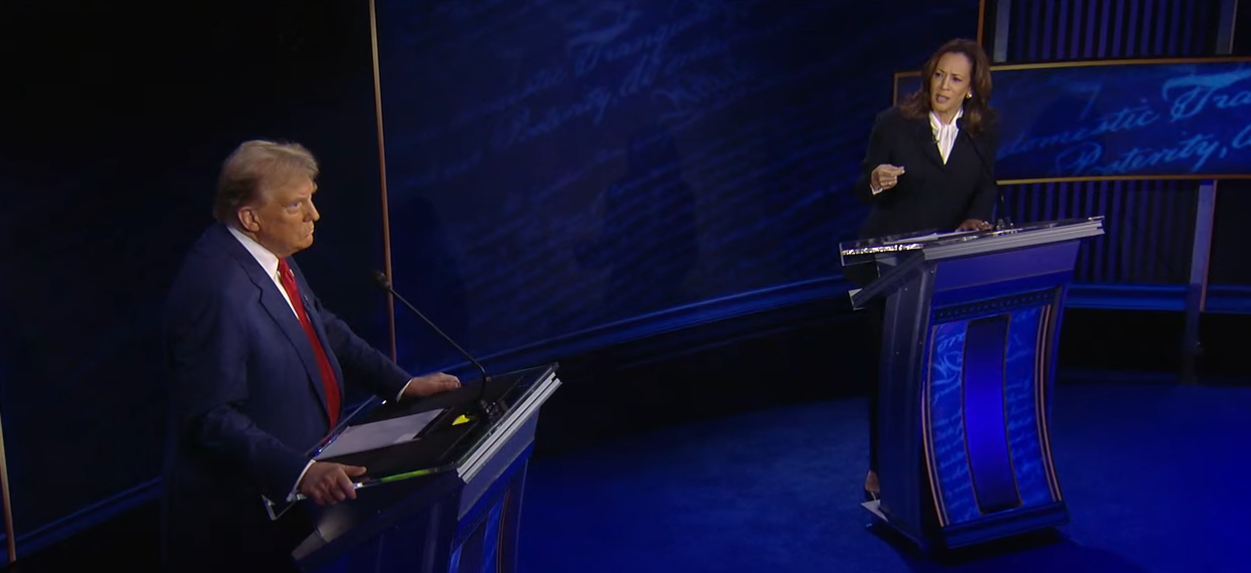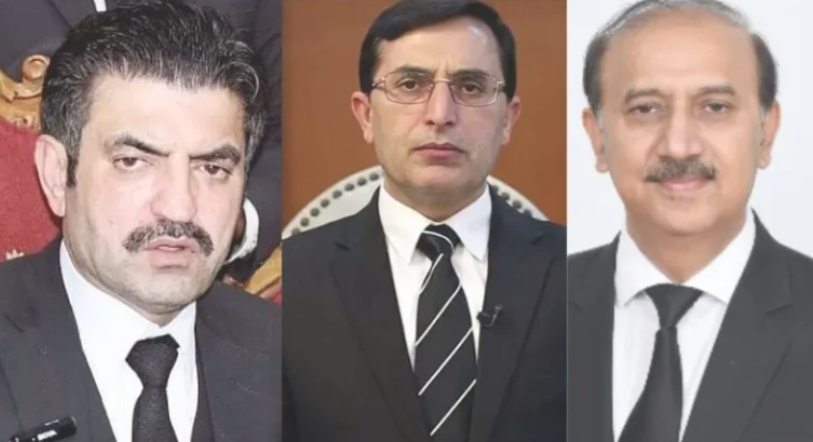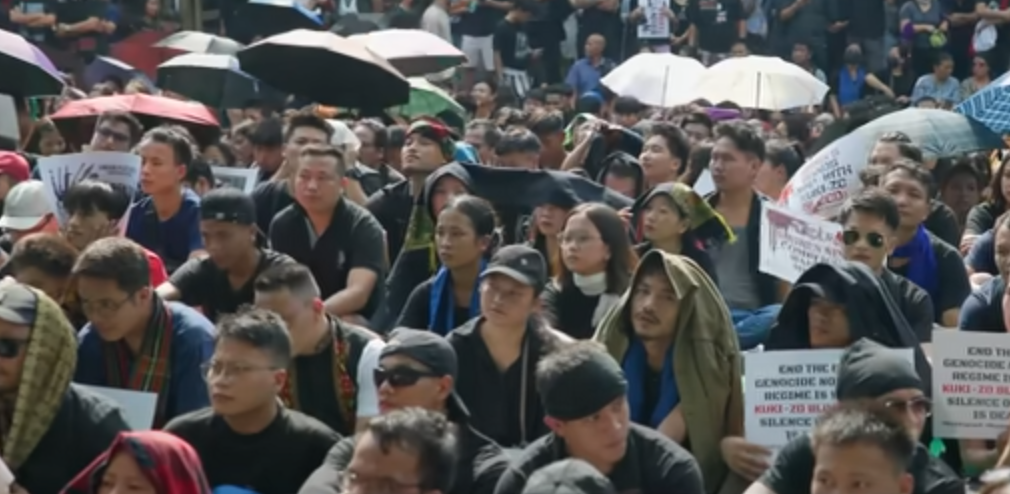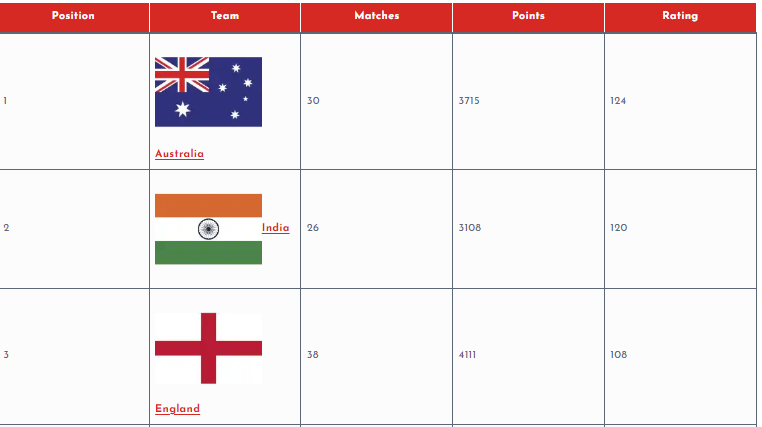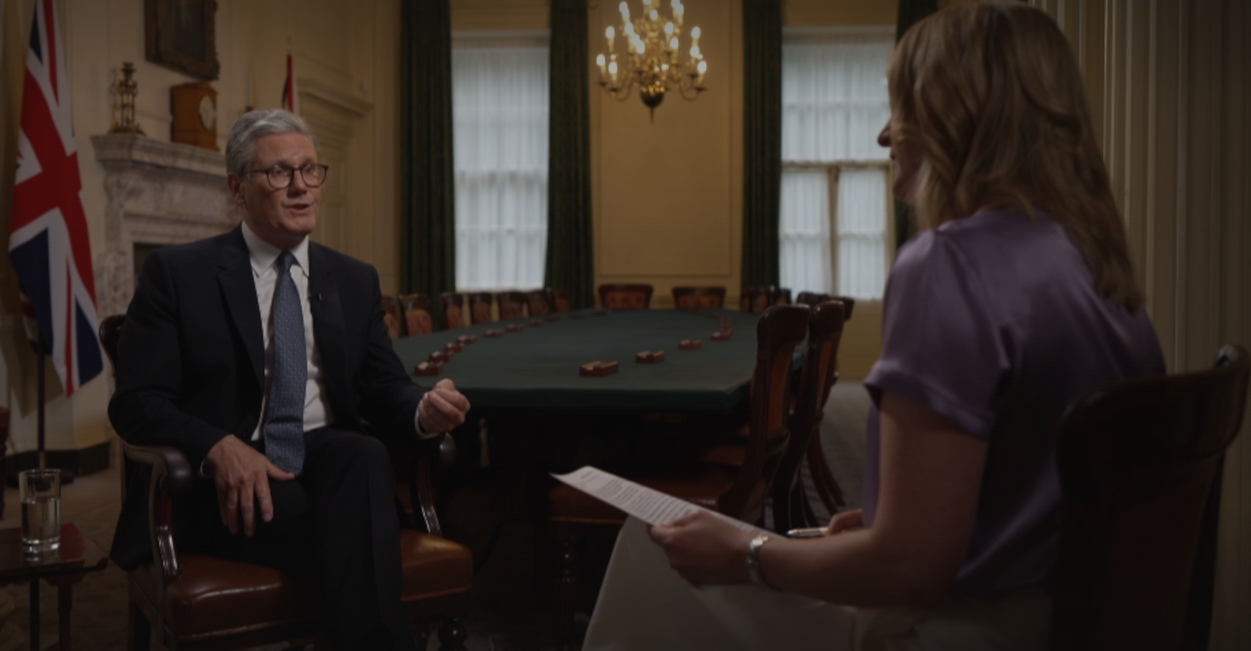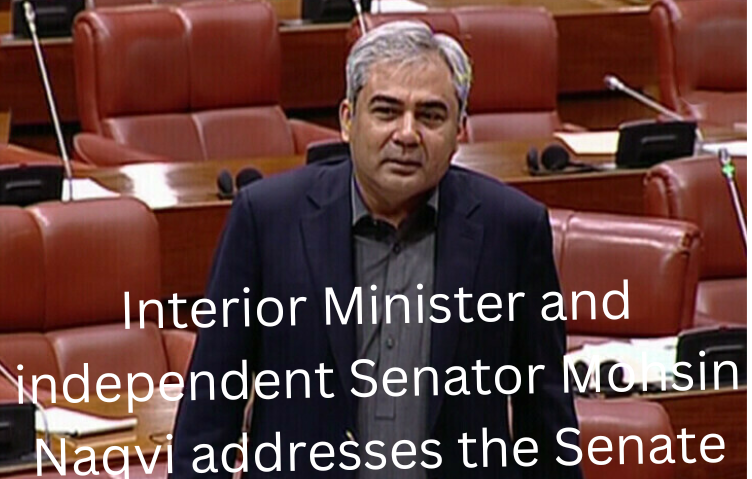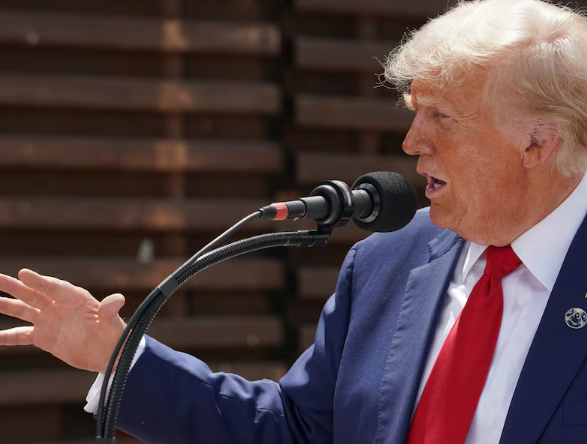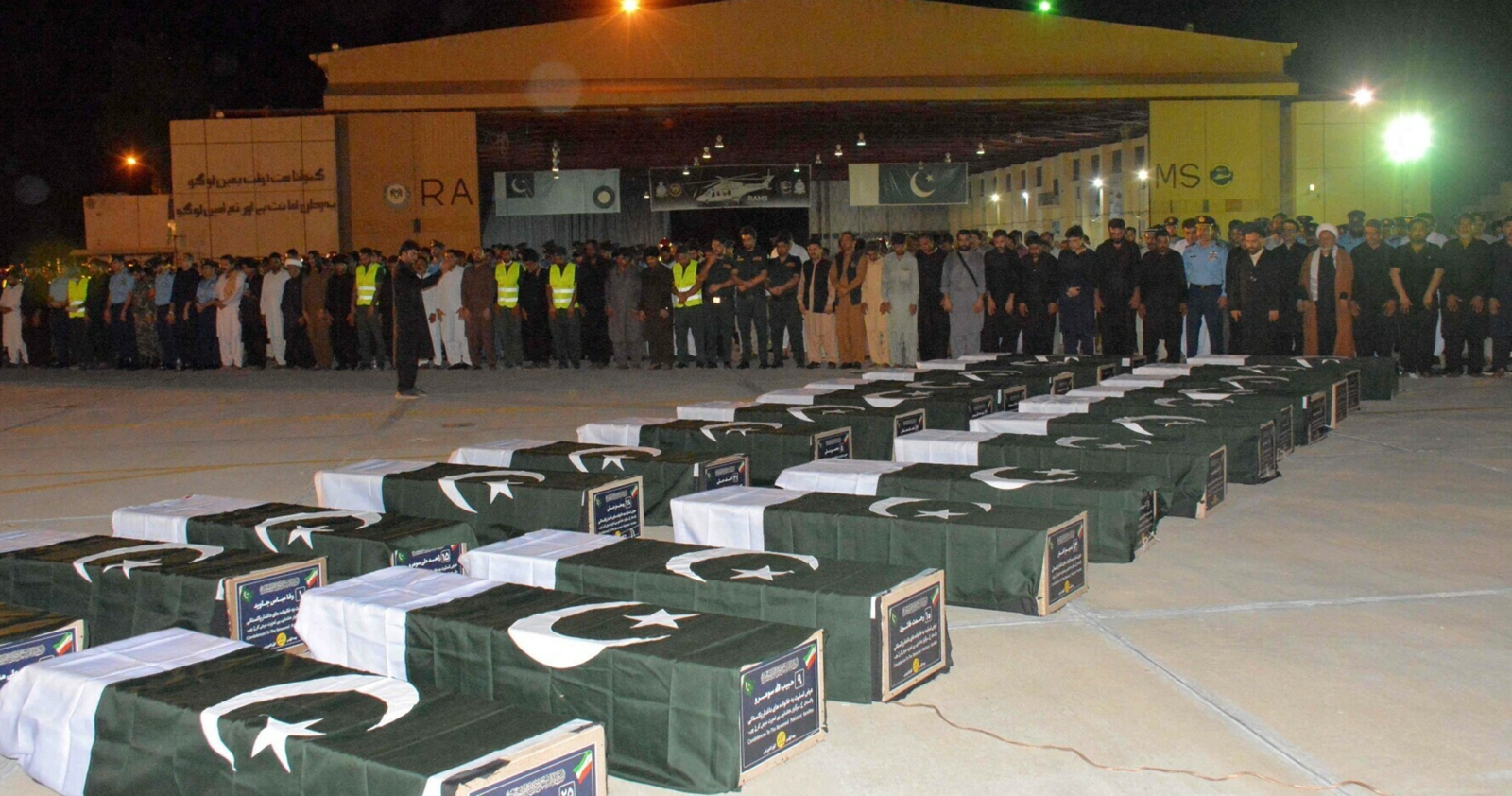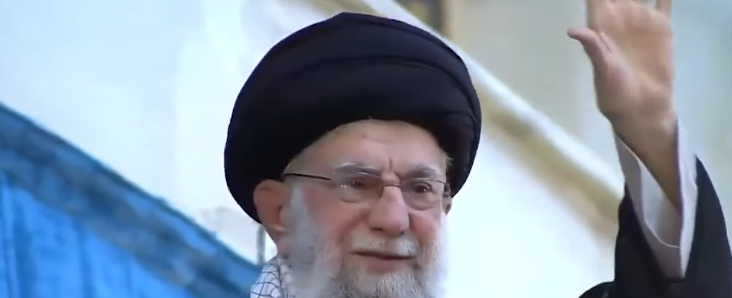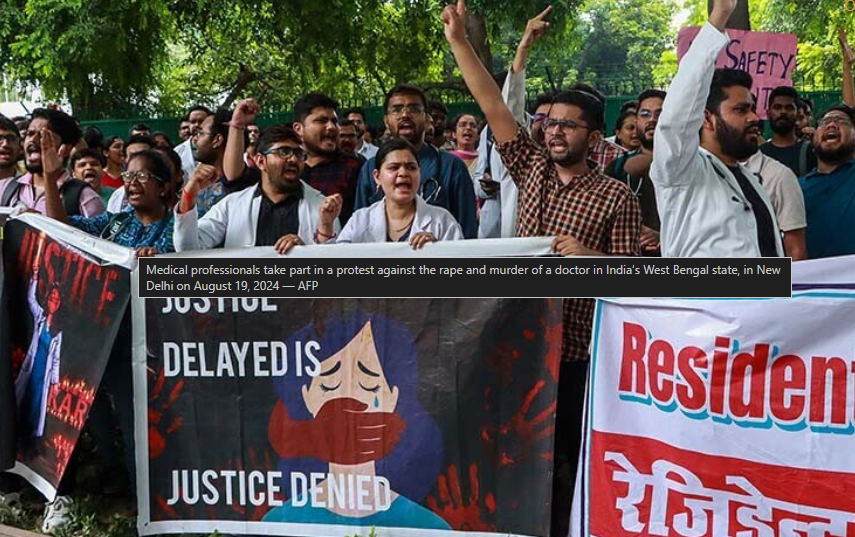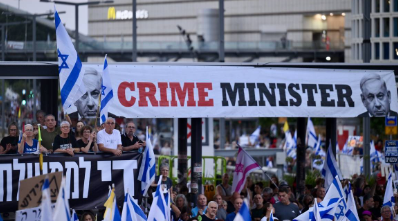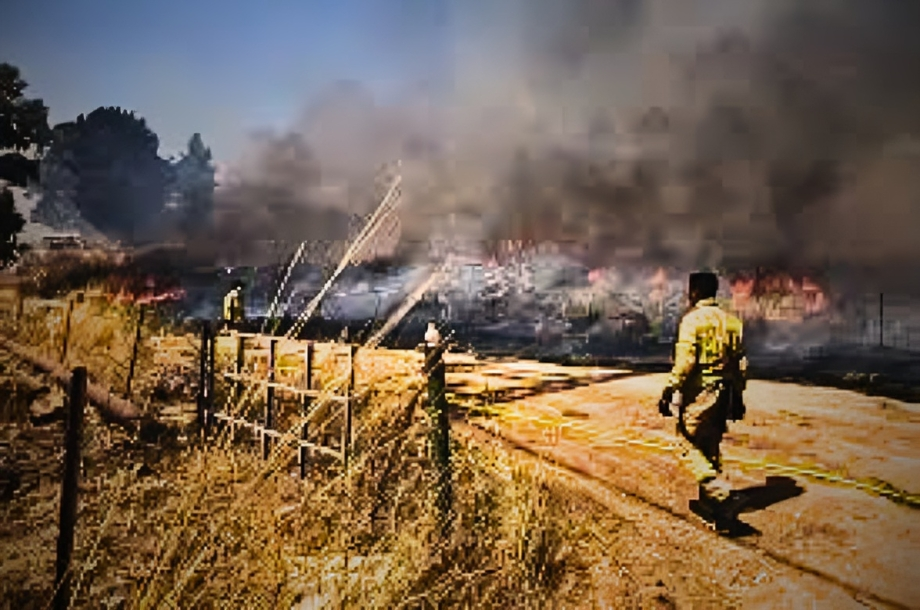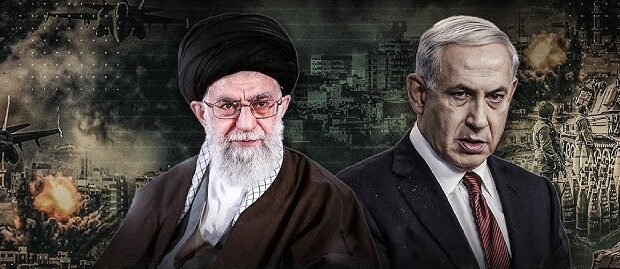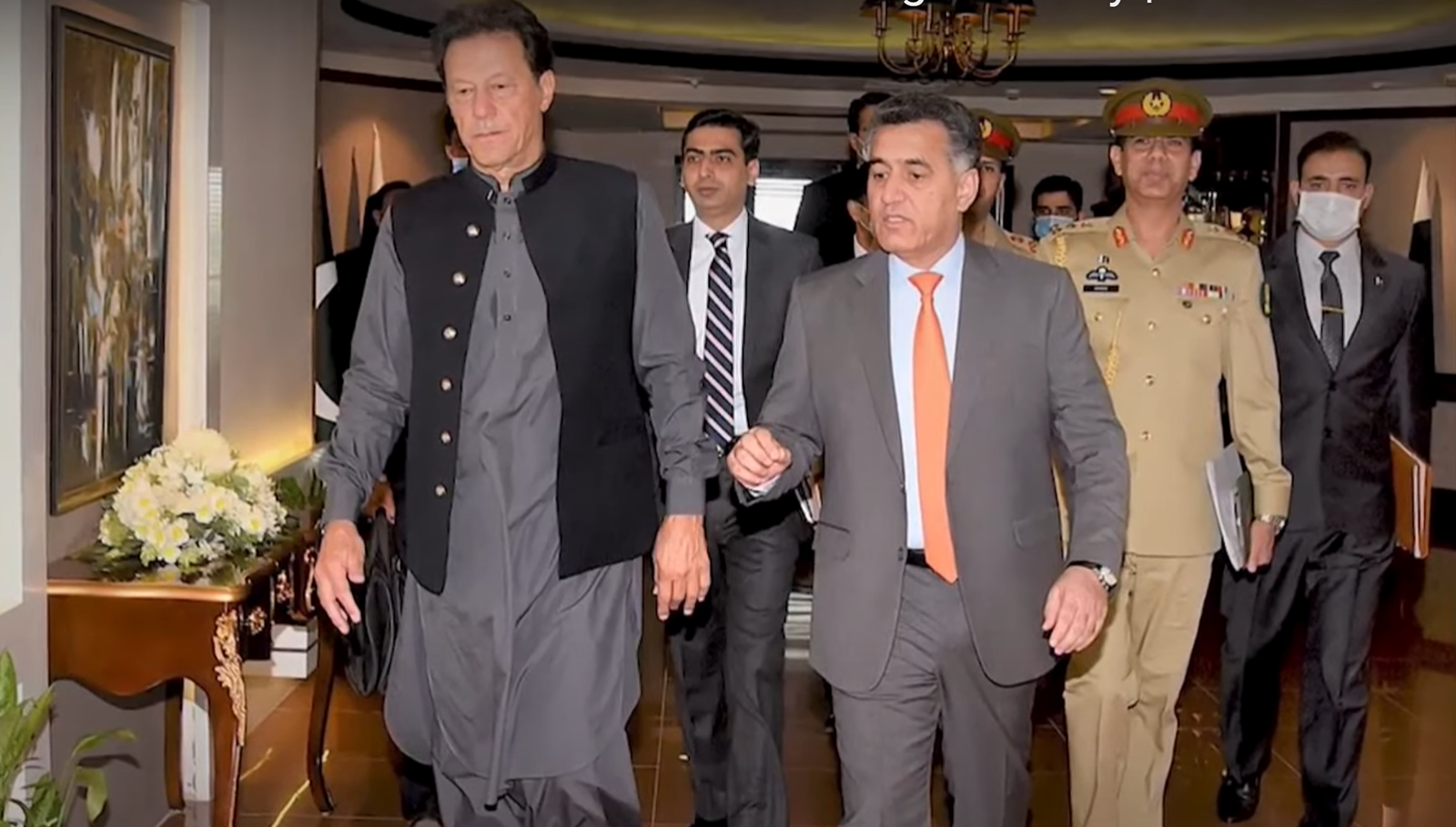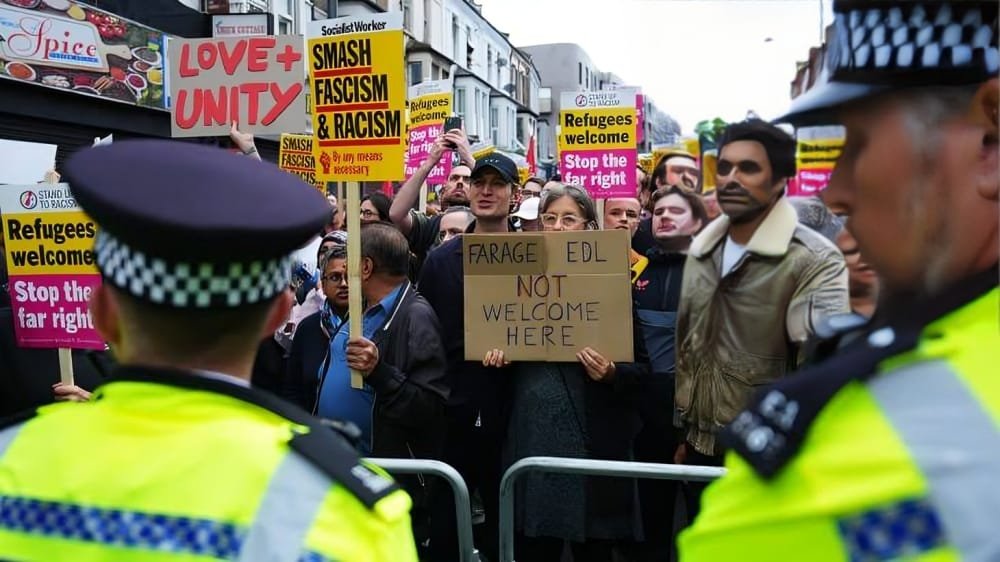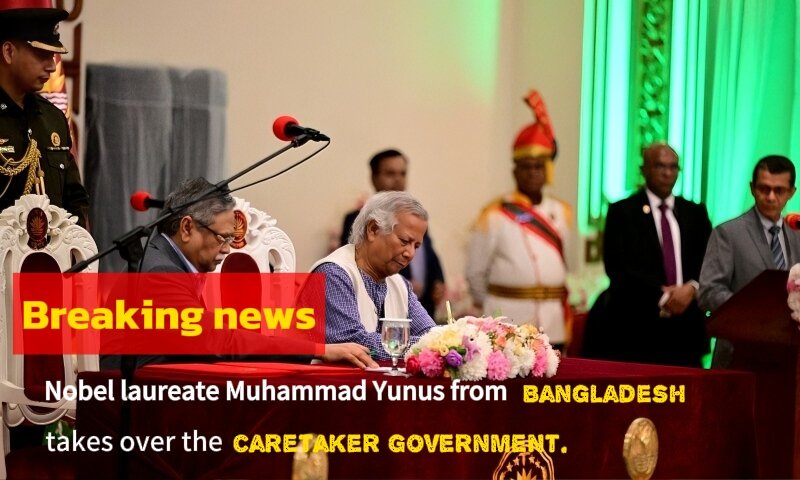
Who is Muhammad Yunus?
Early Life and Education
Muhammad Yunus was born in 1940 in Chittagong, British India (now Bangladesh’s). He grew up in a modest family and was deeply influenced by the struggles of the poor in his country Bangladesh’s. His academic excellence led him to study economics, first at Dhaka University and later in the United States, where he earned a PhD in economics from Vanderbilt University. Yunus returned to Bangladesh in the early 1970s, following the country’s independence from Pakistan, to teach at Chittagong University.
On Thursday, Nobel Peace Prize winner Muhammad Yunus from Bangladesh’s was sworn in as the leader of the caretaker government. This happened three days after former prime minister Sheikh Hasina had to resign and leave the country due to violent protests.
“I will uphold, support, and protect the constitution,” Yunus said during his swearing-in, promising to carry out his duties “sincerely.”
Over a dozen members of his cabinet, called advisers instead of ministers, also took the oath. This group included leaders of the Bangladash’s Students Against Discrimination, Nahid Islam, Asif Mahmud, and several prominent figures, including a former foreign secretary, attorney general, environmental lawyer, and rights activist Adilur Rahman Khan (who was jailed during Hasina’s rule), were involved.
Yunus, 84, was suggested for the role by Bangladesh’s student protesters and returned to Dhaka today from Paris, where he was receiving medical treatment.
Hope for the country’s future was expressed by Yunus at the Dhaka airport, where he was welcomed by top military officers and student leaders. It was stated by him that “Today is a glorious day for us,” and that a new victory and second independence had been achieved by Bangladesh. The need to protect the freedom gained by the student protesters and to follow their lead was emphasized by him.
Yunus called for restoring order after weeks of violence that resulted in at least 455 deaths. He urged citizens to protect one another, especially minorities who had been attacked.
“Law and order is our top priority. We can’t move forward until we fix this,” he said. “If you trust me, ensure that no one is attacked anywhere in the country.”
Yunus said he believes everyone in Bangladesh is like family and stressed the need to protect one another. He became emotional when recalling student activist Abu Sayeed, who was shot by police in July. He praised the young people who started the protests and risked everything for change, saying they had breathed new life into the nation.
Yunus will be the main adviser in the temporary government, which is responsible for organizing new elections in the South Asian country with 170 million people.
The Birth of Microfinance
While teaching economics, Yunus became increasingly frustrated by the disconnect between economic theory and the reality of poverty in rural Bangladesh. This frustration led to his pioneering work in microfinance—a concept that involves providing small loans to poor individuals who lack access to traditional banking services. In 1976, Yunus lent $27 to 42 women in the village of Jobra, enabling them to start small businesses. This experiment laid the foundation for what would become the Grameen Bank, a microfinance institution that has since empowered millions of people, particularly women, to lift themselves out of poverty.
Nobel Peace Prize and Global Recognition (Bangladasd’s)
In 2006, Muhammad Yunus and the Grameen Bank were jointly awarded the Nobel Peace Prize for their efforts to create economic and social development from below. The Nobel Committee recognized Yunus’s innovative approach to combating poverty, which has been replicated in many countries around the world. His work has earned him numerous accolades and established him as a global leader in the fight against poverty and social injustice.
The Role of the Caretaker Government in Bangladesh’s
Political Context
Bangladesh has a history of political instability, often marked by confrontations between the two major political parties: the Awami League and the Bangladesh Nationalist Party (BNP). To ensure fair and impartial elections, the country has occasionally relied on caretaker governments. These temporary administrations are tasked with overseeing elections, maintaining law and order, and ensuring that the electoral process is free from bias or interference.
Yunus’s Appointment as Head of the Caretaker Government Bangladash’s
Muhammad Yunus’s appointment as the head of the caretaker government comes at a critical juncture for Bangladesh. The country has been experiencing political turmoil, with widespread protests, violence, and allegations of corruption within the government. Former Prime Minister Sheikh Hasina was recently forced to resign and flee the country amid these protests. In this context, Yunus was seen as a neutral and respected figure capable of leading a caretaker government to restore stability and oversee new elections.
Challenges Facing Yunus and the Caretaker Government Bangladash’s
Restoring Law and Order
One of the immediate challenges facing Yunus and his caretaker government is restoring law and order in the country. The recent political unrest has left the country deeply divided, with tensions running high between different factions. Yunus has called for calm and emphasized the importance of protecting all citizens, including minorities who have been targeted during the violence. His first priority will be to ensure that the rule of law is upheld and that the country can move towards peaceful elections.
Organizing Free and Fair Elections
As the head of the caretaker government, Yunus is responsible for organizing new elections. This is a daunting task, given the deep mistrust between political parties and the widespread concerns about electoral fraud. Yunus will need to ensure that the electoral process is transparent and that all parties have an equal opportunity to participate. This will likely involve coordinating with international observers and taking measures to prevent voter intimidation and other forms of electoral malpractice.
Navigating Political Pressures
Despite his reputation as a neutral figure, Yunus will undoubtedly face significant political pressures from various factions within Bangladesh. Both the Awami League and the BNP have strong vested interests in the outcome of the upcoming elections, and they may attempt to influence the caretaker government’s actions. Yunus will need to navigate these pressures carefully to maintain the impartiality and integrity of the caretaker government.
The Significance of Yunus’s Leadership Bangladash’s
Symbol of Hope and Change
Muhammad Yunus’s leadership of the caretaker government is symbolic in many ways. As a Nobel laureate and a globally recognized advocate for the poor, Yunus represents a break from the traditional political establishment in Bangladesh. His appointment is seen by many as a hopeful sign that the country can move beyond the entrenched political divisions and towards a more just and equitable society.
Potential for Reforms
Yunus’s tenure as head of the caretaker government also presents an opportunity for broader political and social reforms in Bangladesh. Given his background in social entrepreneurship and grassroots development, Yunus may advocate for policies that address the root causes of poverty and inequality in the country. While his primary mandate is to oversee the elections, his influence could extend to setting the stage for future reforms that benefit the marginalized and disenfranchised populations in Bangladesh.

Criticisms and Challenges Ahead of Bangladash’s
Skepticism from Political Elites
Despite his international acclaim, Yunus has faced criticism and skepticism from some political elites in Bangladesh. His advocacy for microfinance and his involvement in social enterprises have sometimes been viewed with suspicion by those who see him as an outsider to the traditional political arena. Additionally, his previous clashes with the Bangladeshi government over issues like the management of the Grameen Bank have created tensions that could resurface during his time as the head of the caretaker government.
Managing Expectations
Yunus’s appointment has raised high expectations among the public, particularly those who view him as a champion of justice and fairness. However, the challenges he faces are immense, and there is a risk that these expectations may not be fully met. The process of restoring order, organizing elections, and navigating political pressures is complex, and Yunus will need to manage these tasks carefully to avoid disappointment and disillusionment among his supporters.


